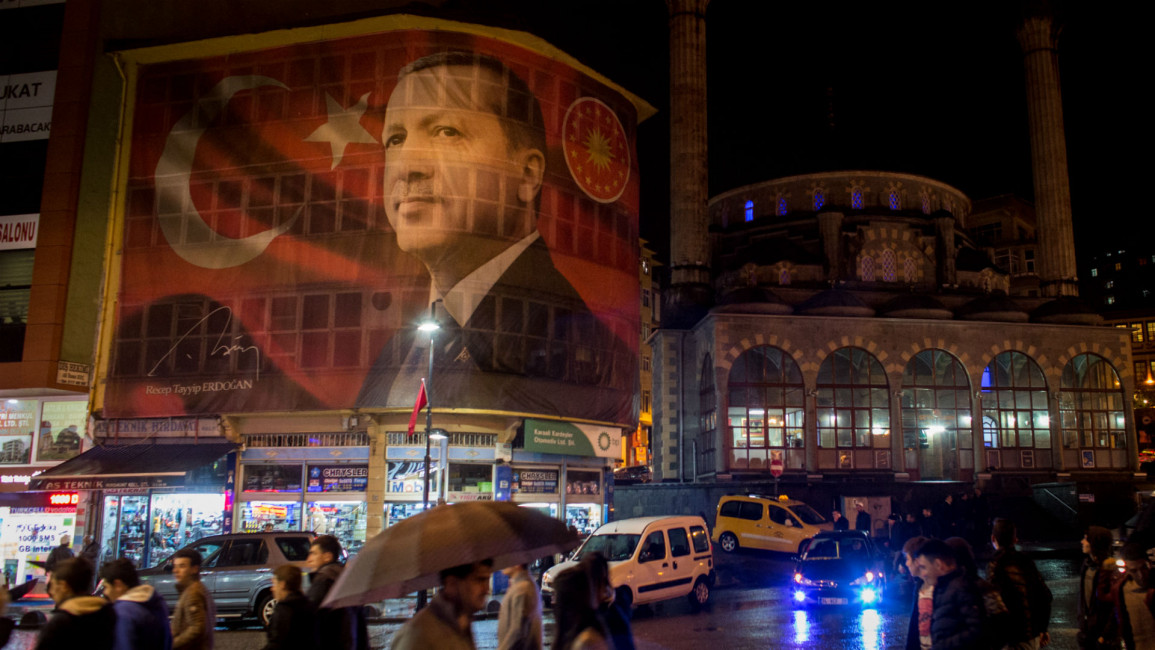Post-referendum Turkey extends state of emergency, seeks capital punishment
Turkey's cabinet has swiftly extended the state of emergency another three months after President Recep Tayyip Erdogan won a controversial referendum granting him greater powers, as he hinted at reinstating the death penalty.
The Turkish cabinet agreed late on Monday to extend for another three months the state of emergency imposed after last July's failed coup against Erdogan, the deputy premier said.
The decision came after over 51 percent of Turks voted in a controversial referendum in support of changes that will axe the role of premier and allow Erdogan to appoint ministers.
The National Security Council, which is chaired by Erdogan, recommend the extension of the state of emergency.
"The recommendation was considered and the Council of Ministers signed to extend the state of emergency for another three months from Wednesday," Deputy Prime Minister Numan Kurtulmus told reporters in Ankara.
The emergency was due to end on April 19. Its extension follows the approval by Turkish voters of constitutional changes boosting Erdogan's powers on Sunday.
The state of emergency has been renewed twice before in October and January after it was first declared on July 20, five days after the attempted putsch.
Now the decision will go to parliament for final approval, Kurtulmus said.
The deputy prime minister said the decision was not made to give the Turkish government free rein but because of its "fight against terrorist groups".
"In this struggle, whatever is necessary will be done" against those accused of links to putschists, Kurtulmus said.
Under the state of emergency, over 47,000 people have been arrested on suspicion of links to the coup while tens of thousands more people working in the public sector have been dismissed or suspended from their jobs.
Many are academics, police officers, journalists and teachers as well as judges and prosecutors. The crackdown has been heavily criticised by Turkey's Western allies.
Capital punishment may meanwhile make a comeback to Turkey.
Speaking after his referendum win, Erdogan reaffirmed that he would now hold talks on reinstating capital punishment - a move that would automatically end Turkey's EU bid - and would hold a referendum if it did not get enough votes in parliament to become law.
German Foreign Minister Sigmar Gabriel has said that if Ankara were to bring back the death penalty, the move would be "synonymous with the end of the European dream".



